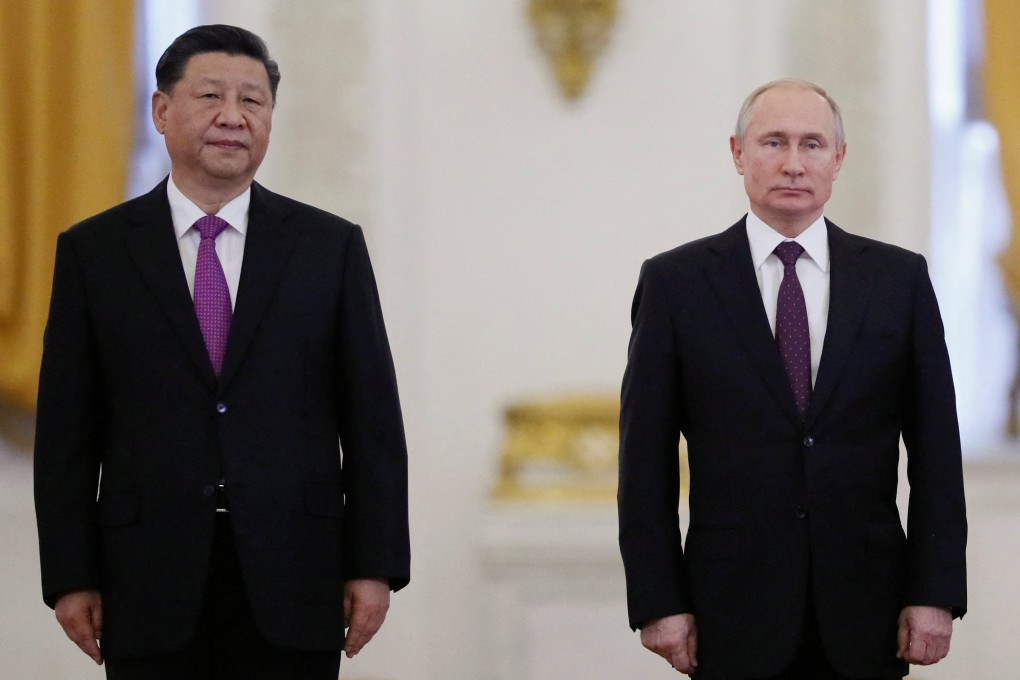As I see it | China has a choice to make on Ukraine, and the world is watching
- Beijing’s support could tilt the balance in Putin’s war and it will also be consequential for its global standing
- Its hedging strategy has become increasingly untenable as it comes under growing pressure from the West

Beijing has been cautious so far, refusing to condemn Russian President Vladimir Putin’s aggression. But suspicion is growing in the West amid reports that Russia has asked China for military and economic aid.
China’s support could tilt the balance in Putin’s war, which is now in its third week and intensifying, as the human toll mounts. Its decision will also be consequential for Beijing’s global standing, and its relations with Moscow, Washington and Brussels.
Few details were given, though Sullivan was said to have been “direct” about Beijing’s perceived tacit support for Putin, warning China would face severe “consequences” if it helped Russia evade Western sanctions. Yang was also blunt about what he called the White House’s efforts to “distort” or “smear” China’s position.
While hot-button issues like Taiwan, Xinjiang, Hong Kong and North Korea were discussed at the meeting – which had been planned for weeks – Ukraine was the focus. Given the parlous state of US-China ties, however, there was little expectation they would agree on much beyond keeping the lines of communication open.
